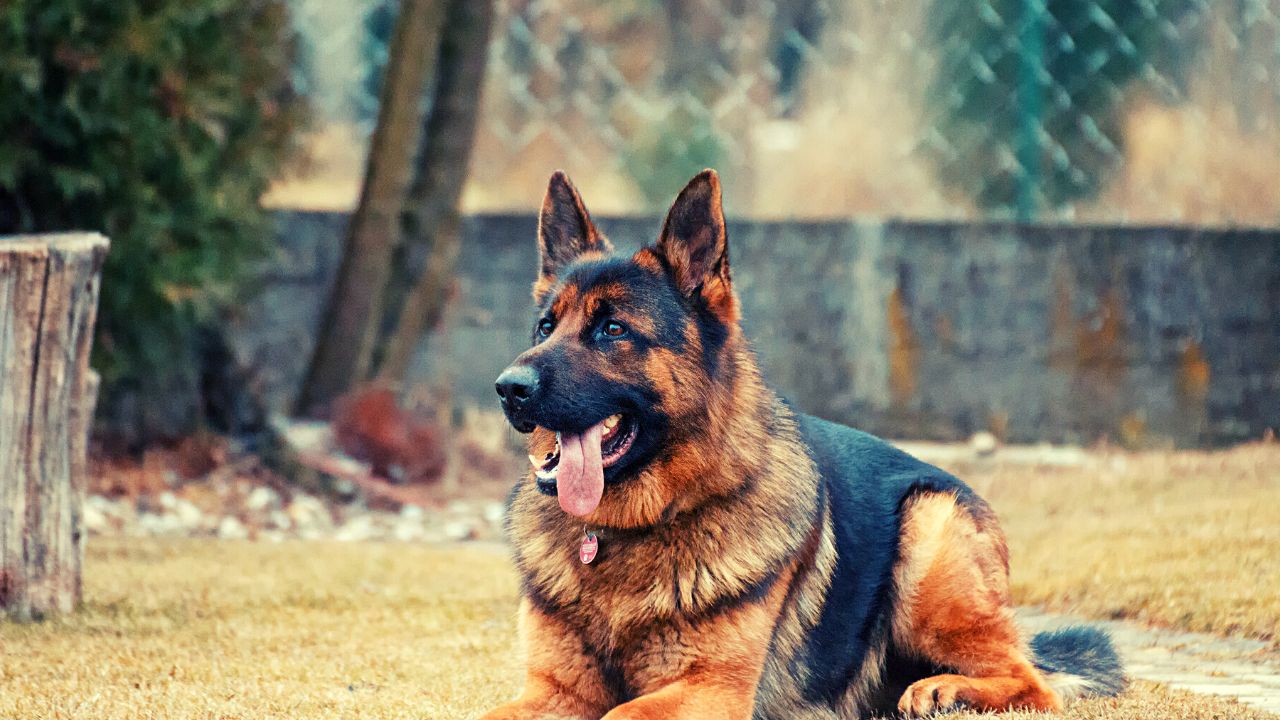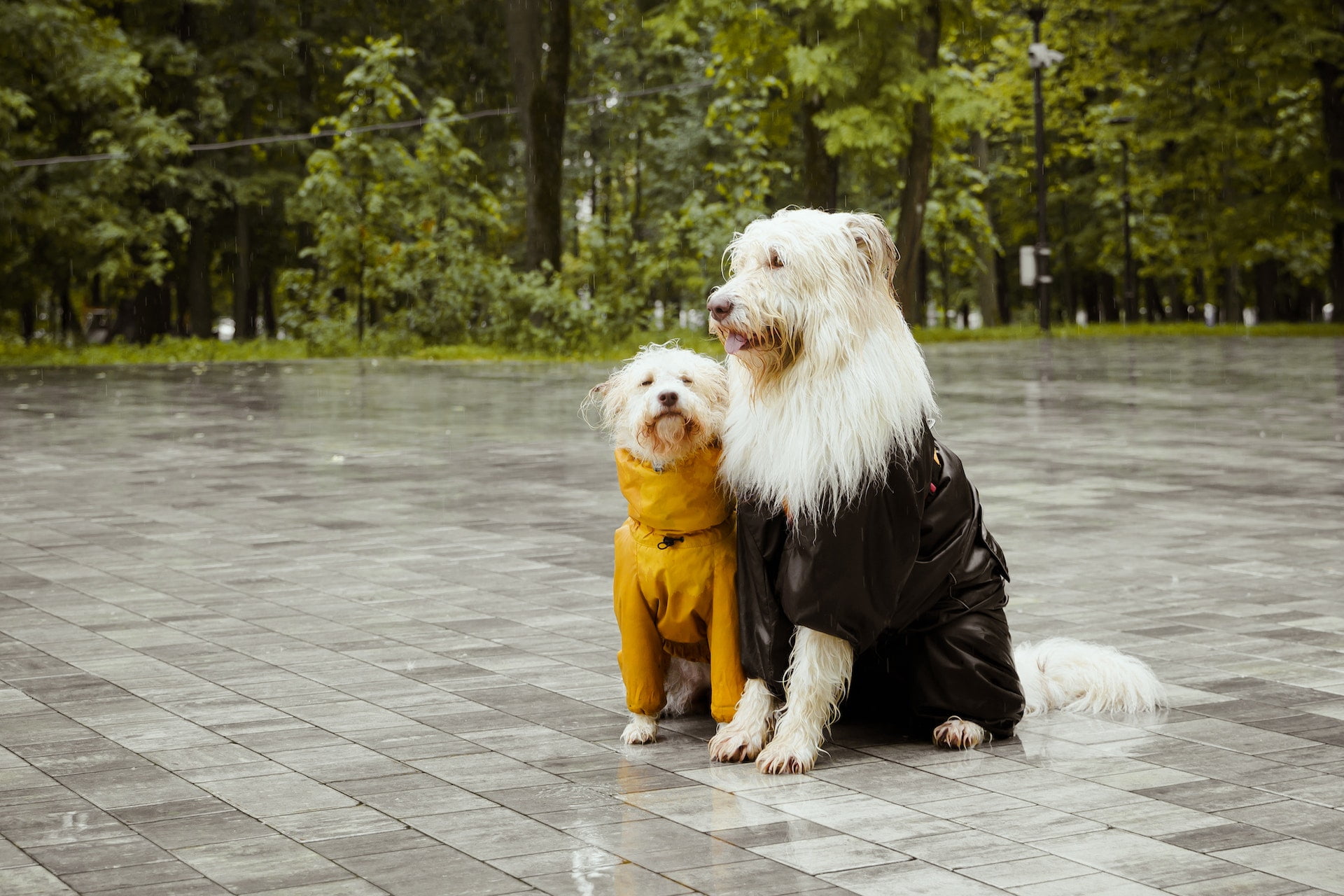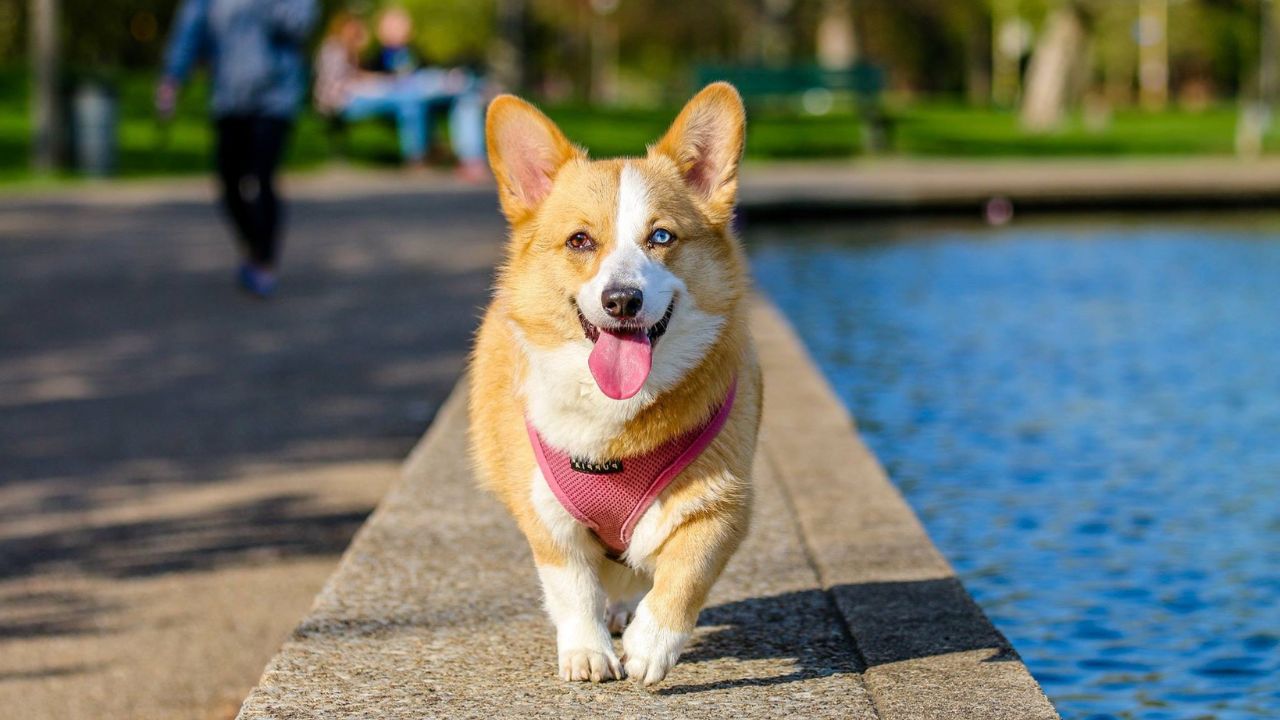
Table of Contents
German Shepherds, often hailed as one of the most intelligent dog breeds, have gained immense popularity as loyal family pets and working dogs in various capacities. From their impressive trainability to their protective instincts, these dogs have become synonymous with reliability and devotion.
Don’t be confused; German shepherds and Alsatians are the same dog breed.
German shepherd dogs generally live for 10-13 years.
German Shepherd Dog Price in India
The price of a German Shepherd puppy in India can range from anywhere between Rs. 15,000 to Rs. 50,000
Several factors contribute to the variation in German Shepherd prices, including pedigree, breeder reputation, and bloodline. Show-quality dogs may command higher prices.
| City | Approximate Price (INR) |
|---|---|
| German Shepherd dog price in Delhi | ₹20,000 to ₹40,000 |
| German Shepherd dog price in Mumbai | ₹25,000 to ₹45,000 |
| German Shepherd dog price in Bangalore | ₹18,000 to ₹35,000 |
| German Shepherd dog price in Chennai | ₹18,000 to ₹35,000 |
| German Shepherd dog price in Kolkata | ₹15,000 to ₹30,000 |
| German Shepherd dog price in Hyderabad | ₹20,000 to ₹40,000 |
| German Shepherd dog price in Pune | ₹20,000 to ₹40,000 |
| German Shepherd dog price in Ahmedabad | ₹15,000 to ₹35,000 |
| German Shepherd dog price in Jaipur | ₹15,000 to ₹30,000 |
| German Shepherd dog price in Chandigarh | ₹20,000 to ₹40,000 |
Origin and History of German Shepherds
Roots in Germany
The German Shepherd breed traces its roots to Germany in the late 19th and early 20th centuries. Initially developed for herding sheep, these dogs showcased exceptional intelligence and versatility.
Development of the Breed
Over time, German Shepherds evolved into multi-talented working dogs, excelling in roles such as police work, search and rescue, and even serving as guide dogs. Their adaptability and quick learning led to their widespread use in various professional fields.
Key Historical Milestones
Notable milestones in the breed’s history include their kennel club recognition and role in World War I as messenger and ambulance dogs. These experiences shaped the breed and contributed to its reputation for loyalty and courage.
Physical Characteristics
| Characteristic | Description |
|---|---|
| Breed Group | Herding |
| Size | Large |
| Weight | Male: 65-90 pounds; Female: 50-70 pounds |
| Height | Male: 24-26 inches; Female: 22-24 inches |
| Coat Type | Double coat with medium-length, dense, and straight fur |
| Coat Colors | Most commonly black and tan, but can vary |
| Life Expectancy | 9-13 years |
| Temperament | Intelligent, loyal, confident, courageous, and trainable |
| Energy Level | High |
| Exercise Needs | Regular and vigorous exercise required |
| Training | Easily trainable, responds well to positive reinforcement |
| Socialization | Early and consistent socialization is important |
| Good with Children | Yes, when properly socialized and trained |
| Good with Pets | Yes, with proper introduction and training |
| Guardian Instinct | Strong |
| Health Issues | Hip dysplasia, elbow dysplasia, and some genetic issues |
| Grooming Needs | Regular brushing, especially during shedding seasons |
| Intelligence | Very high |
| Purpose | Originally bred for herding, now widely used in various roles like police work, search and rescue, and as family companions |
Distinctive Coat Colors and Patterns
German Shepherds are known for their striking coat colors, including black and tan, sable, and solid black. The breed standard recognizes various patterns, adding to their visual appeal.
Size and Proportions
Males typically stand between 24 to 26 inches at the shoulder, while females range from 22 to 24 inches. Their proportions emphasize a balanced and agile build, essential for their working roles.
Notable Features: Ears, Tail, and Expression
One of the breed’s iconic features is their erect ears, contributing to their attentive and alert appearance. The tail is bushy and hangs low, and their expression reflects intelligence and attentiveness.
Temperament and Personality Traits
Intelligence and Trainability
German Shepherds consistently rank high in intelligence tests among dog breeds. This and their eagerness to please make them highly trainable for various tasks and commands.
Loyalty and Protective Instincts
Known for their unwavering loyalty, German Shepherds make excellent family protectors. Their protective instincts, coupled with their courage, have earned them roles in law enforcement and security.
Compatibility with Families and Other Pets
Despite their protective nature, German Shepherds can be gentle and affectionate with family members. Proper socialization from an early age enhances their ability to get along with other pets and children.
Common Health Concerns
German Shepherds, like many purebred dogs, may have specific genetic predispositions to certain health issues. Responsible breeding practices aim to minimize these risks.
Regular Veterinary Check-ups
Routine veterinary check-ups are crucial to monitor the overall health of a German Shepherd. Early detection of any potential issues can lead to effective preventive measures.
Maintaining a Healthy Diet and Exercise Routine
A balanced diet and regular exercise are key components of a GSD’s well-being. These factors contribute not only to physical health but also to mental stimulation.
Training and Socialization
Importance of Early Training
Early training is essential for German Shepherds to positively channel their intelligence and energy. Basic commands and socialization help them become well-mannered companions.
Socializing with People and Other Animals
Exposing GSDs to various environments and social situations from a young age helps them develop into confident and well-adjusted dogs. Positive interactions foster good behavior.
Obedience Training and Commands
German Shepherds excel in obedience training, mastering commands with enthusiasm. Consistent positive reinforcement builds a strong bond between the dog and its owner.
Living Conditions
Ideal Home Environments
German Shepherds thrive in homes with active families. Access to a secure yard or open space allows them to indulge in their love for physical activity.
Space Requirements
Given their size and energy levels, GSDs benefit from ample space to move around. Lack of exercise and confinement can lead to boredom and behavioral issues.
GSDs in Apartments vs. Houses
While GSDs can adapt to apartment living, houses with yards provide a more suitable environment for their exercise needs. Regular walks and playtime are crucial, regardless of living space.
Grooming Needs
Coat Care and Shedding
German Shepherds have a double coat that sheds moderately throughout the year. Regular brushing helps manage shedding and keeps the coat healthy and clean.
Bathing Frequency
The breed’s coat has natural oils that protect the skin. Bathing should be infrequent to preserve these oils and prevent skin dryness. As needed, particularly if the dog gets dirty or starts to smell.
Nail Trimming and Dental Care
Regular nail trimming prevents discomfort and potential injuries. Dental care is vital; activities like chewing on appropriate toys contribute to oral health.
Exercise Requirements
Daily Physical Activity Needs
German Shepherds are high-energy dogs that require daily exercise. A combination of walks, playtime, and mentally stimulating activities helps meet their needs.
Suitable Exercises for GSDs
Engaging in activities that challenge their intelligence, such as puzzle toys and training sessions, adds mental stimulation to physical exercise. This contributes to a well-rounded and happy GSD.
Mental Stimulation and Enrichment
Besides physical exercise, GSDs benefit from mental stimulation. Providing puzzle toys interactive games, and varying their daily routine keeps their minds active and engaged.
FAQs on German Shepherd dogs
What is the origin of the German Shepherd breed?
German Shepherds originated in Germany in the late 19th century. They were developed for herding and guarding sheep but are now known for their versatility and intelligence.
What is the typical lifespan of a German Shepherd?
The average lifespan of a German Shepherd is around 9 to 13 years, although individual lifespans can vary.
How big do German Shepherds usually get?
Adult German Shepherds typically weigh between 65 and 90 pounds (30 to 41 kg), while females usually weigh between 50 and 70 pounds (23 to 32 kg). They stand about 22 to 26 inches (56 to 66 cm) tall at the shoulder.
Are German Shepherds good family dogs?
Yes, German Shepherds can make excellent family dogs. They are known for their loyalty, intelligence, and protective instincts. Early socialization and training are essential for a well-behaved family pet.
Do German Shepherds require a lot of exercise?
Yes, German Shepherds are an active and energetic breed. They need regular exercise to keep them physically and mentally stimulated. Daily walks, playtime, and training sessions are important for their well-being.
Are German Shepherds easy to train?
German Shepherds are highly trainable and known for their intelligence. They often excel in obedience training and can learn a variety of commands. Consistent training methods and positive reinforcement work well with this breed.
Do German Shepherds shed a lot?
Yes, German Shepherds have a double coat and shed throughout the year. They typically experience heavier shedding during seasonal changes. Regular grooming, including brushing, can help manage shedding.
What health issues are common in German Shepherds?
German Shepherds are prone to certain health issues, such as hip dysplasia, elbow dysplasia, and degenerative myelopathy. Responsible breeding practices, regular veterinary check-ups, and a healthy diet can improve their well-being.
Are German Shepherds good guard dogs?
Yes, German Shepherds are often used as police and military dogs due to their protective instincts and trainability. They can also make excellent guard dogs for homes, provided they receive proper training and socialization.
What is the best diet for a German Shepherd?
A well-balanced and nutritious diet is essential for the health of a German Shepherd. High-quality dog food, appropriate for their age and activity level, is recommended. Consult with a veterinarian for specific dietary requirements.
I am a pet expert dealing with Cats, Dogs, Birds, Rabbits and Aquarium fish for the last 10 years. Now it is time to share my knowledge with you. I am very passionate about sharing everything that I learned so far about pet care. Watch my Youtube channel Petfather






